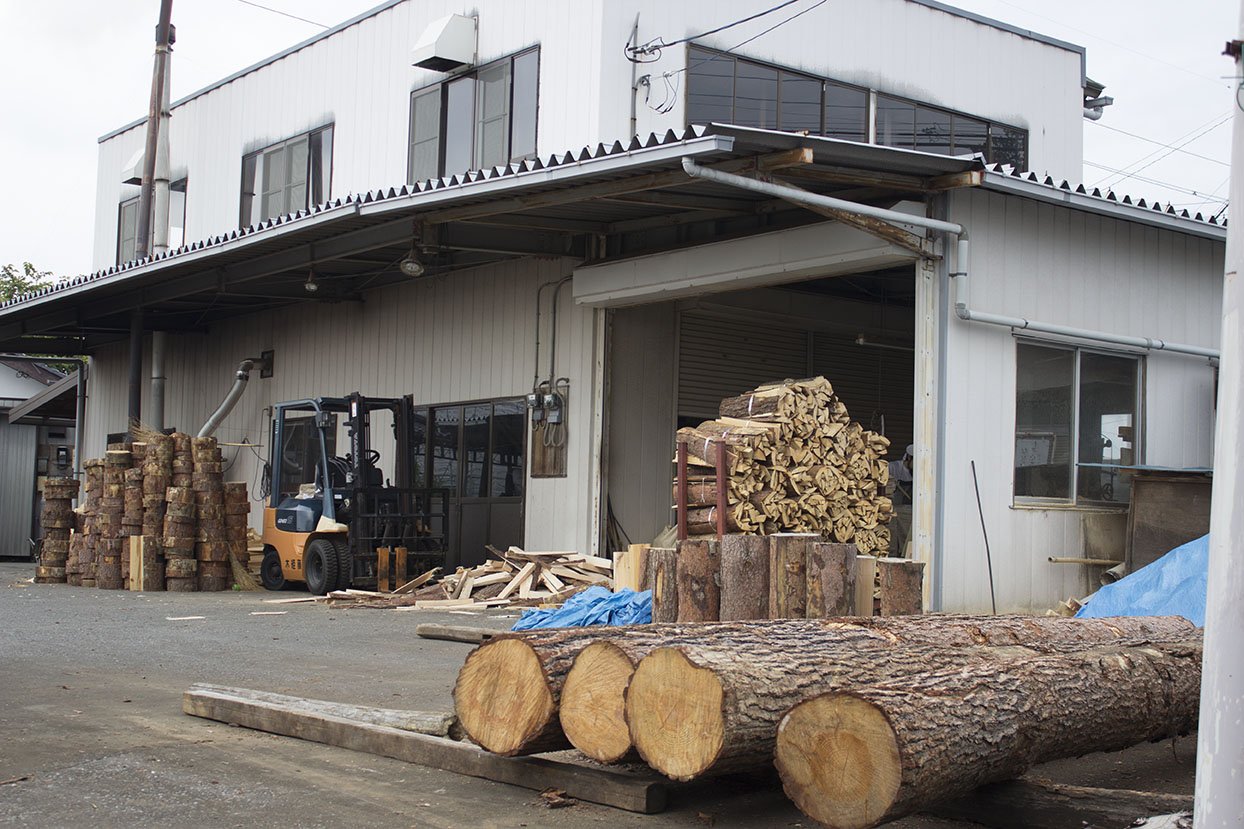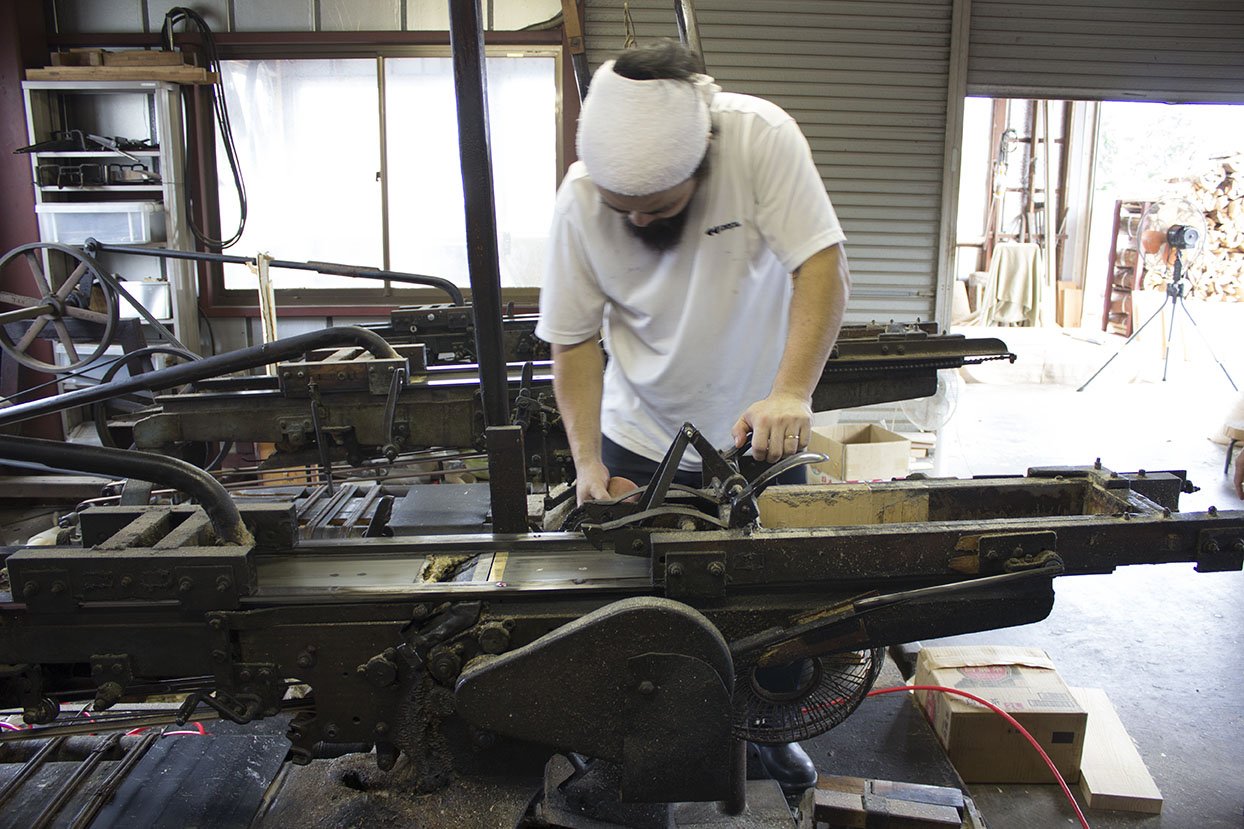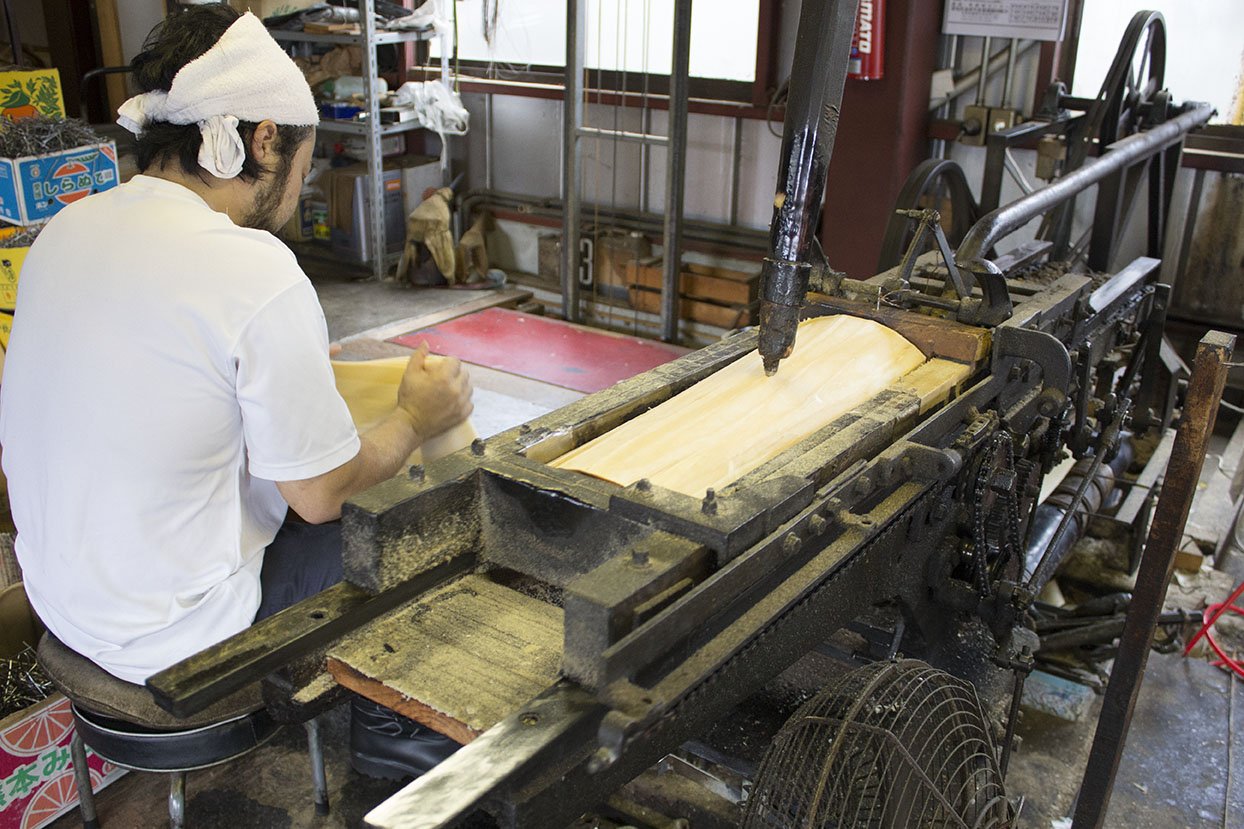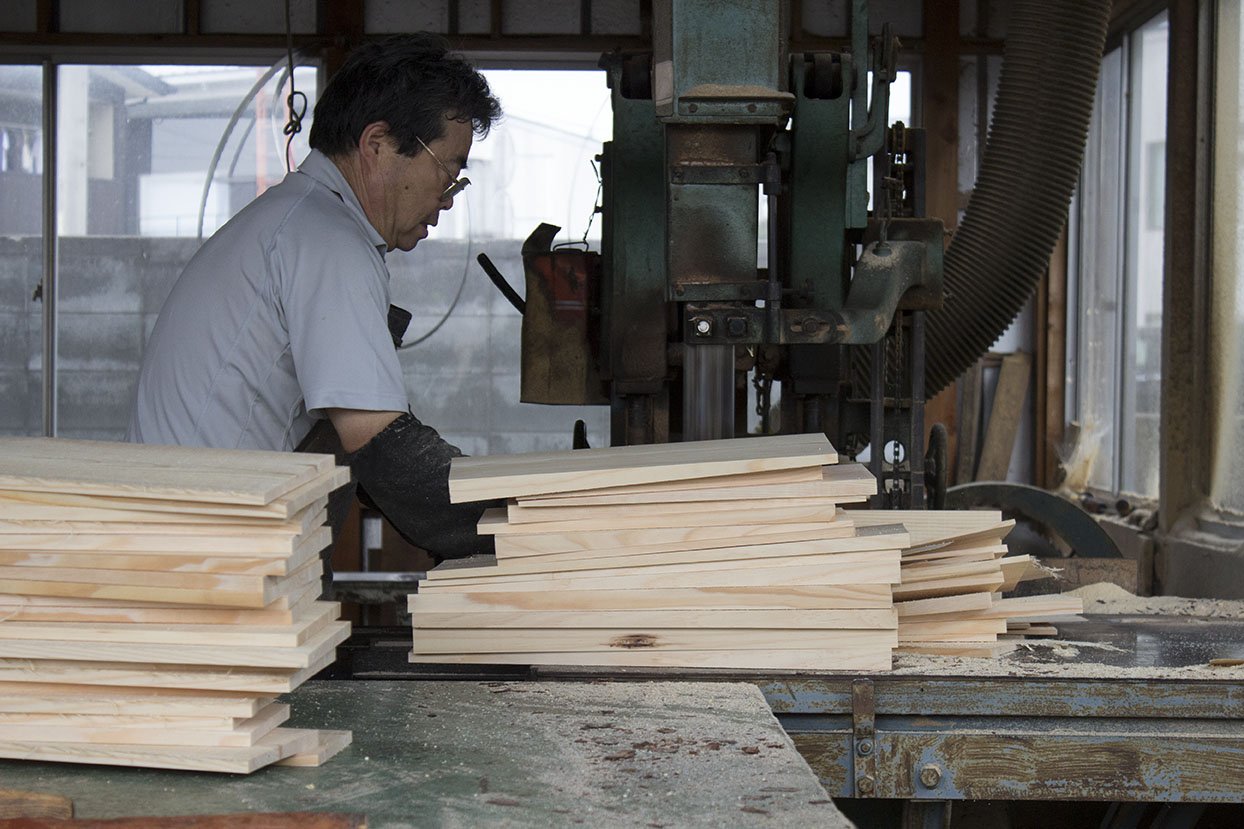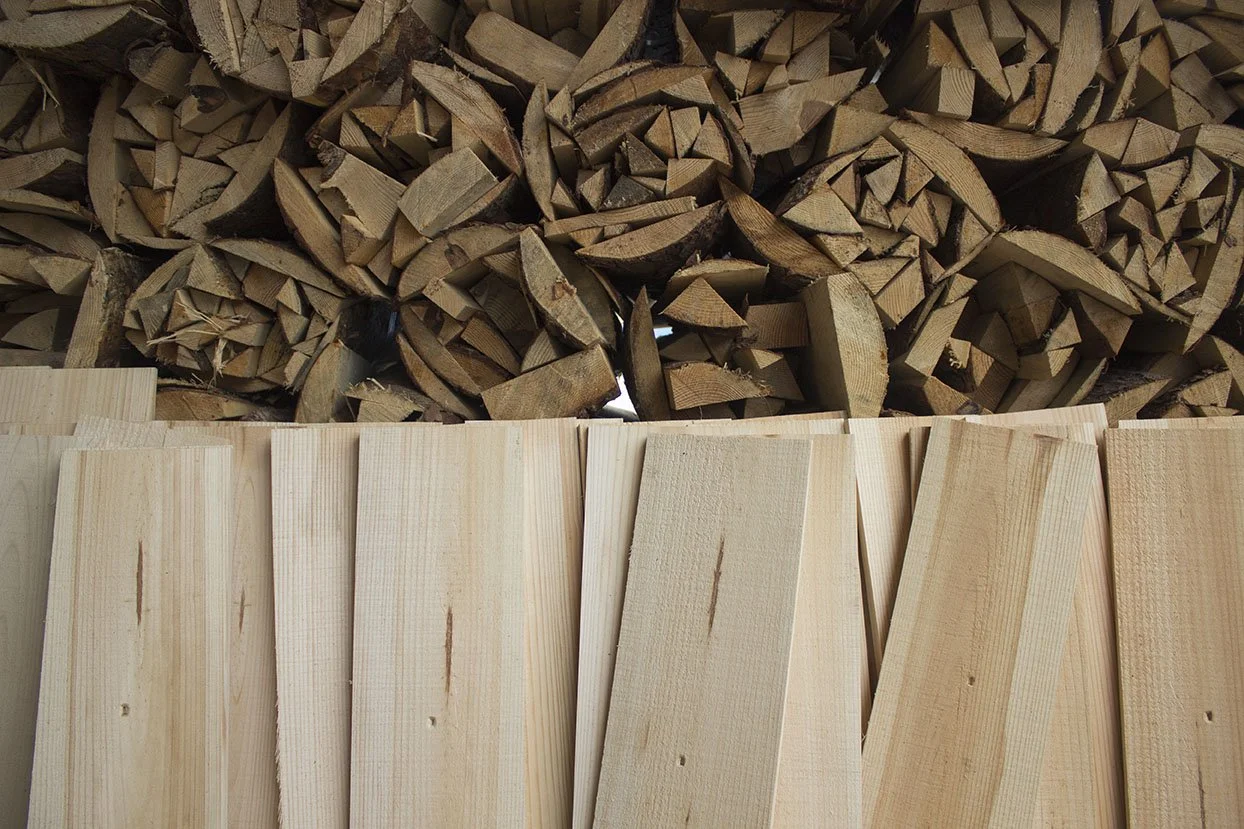Designing Abundance: How Kizara Memo Pads Support Healthy Forests
If you’ve ever touched a Kizara Memo Pad, you know that these beautiful bits of stationery are very different from the pads full of flimsy, dyed paper you may be used to. Behind their simple design lies a long history of craftsmanship and sustainability.
Each Kizara Memo Pad contains sheets of Japanese red pine painstakingly shaved from blocks of sustainably sourced lumber. Known as kyougi, these traditional wooden sheets were commonly used to wrap and preserve food in ancient Japan. (By that fact alone, Kizara’s products have become some of our most beloved.) But the team at Kizara has more to show for their work than novel stationery; they’re part of a movement to reclaim Japanese forests for future generations.
During the second half of the 20th century, the Japanese government undertook a massive tree-planting campaign in an effort to restart the country’s forestry sector. In just a few years, they planted more than 24 million acres of trees throughout the country; through their efforts, Japan is now one of the most densely forested territories in the world, and an unheard-of 40% of their forests are man-made. However, because forests are expensive to maintain and care for, most of those areas have since fallen into neglect or been abandoned outright.
Adding to the challenges faced by Japan’s eco-conscious forestry workers is the country’s reliance on cheap foreign suppliers that operate without thought for sustainability. (Despite its vast domestic resources, Japan has become one of the world’s largest importers of lumber.) The result is overcrowded, unhealthy forests and a struggling local industry that seemingly cannot compete without compromising its values.
The Kizara Project has a solution: responsible, eco-friendly design that combines quality craftsmanship with sustainable practices. Kizara supports local Japanese forestry by exclusively using lumber obtained through tree-thinning practices: strategically pruning sick, unhealthy trees that would otherwise draw resources away from their more robust neighbors and repurposing their wood into beautiful objects.
By creating their products from renewable resources, Kizara supports not just the growth of a dying industry but also the continued maintenance of Japan’s forests - and when you purchase a Kizara Memo Pad, you support the many hands that continue that work.
